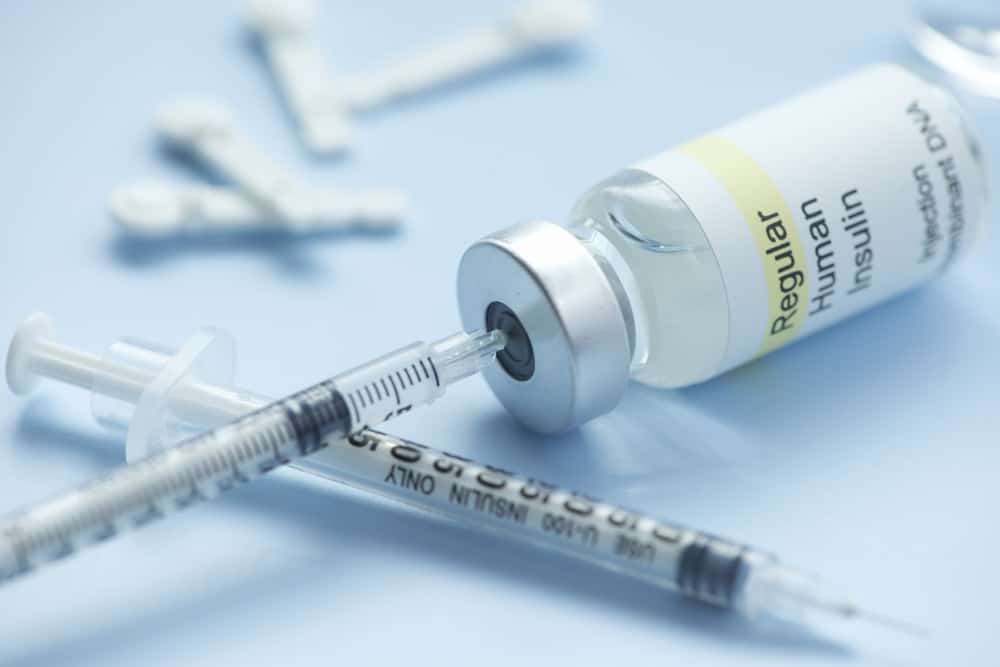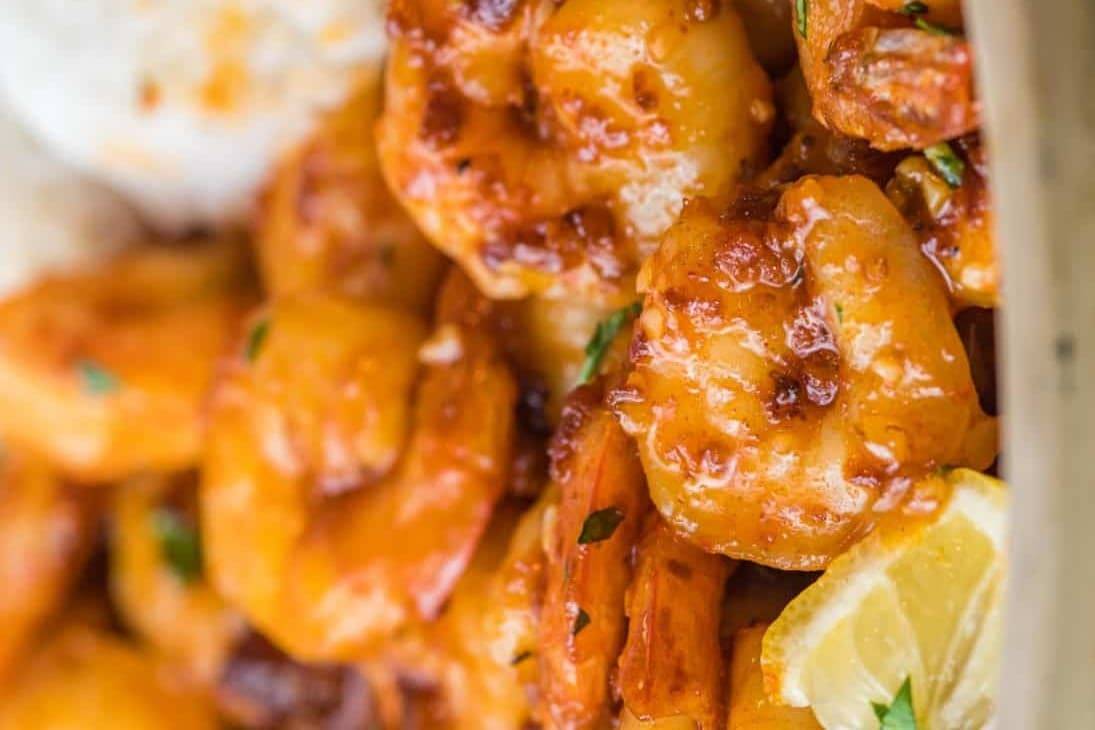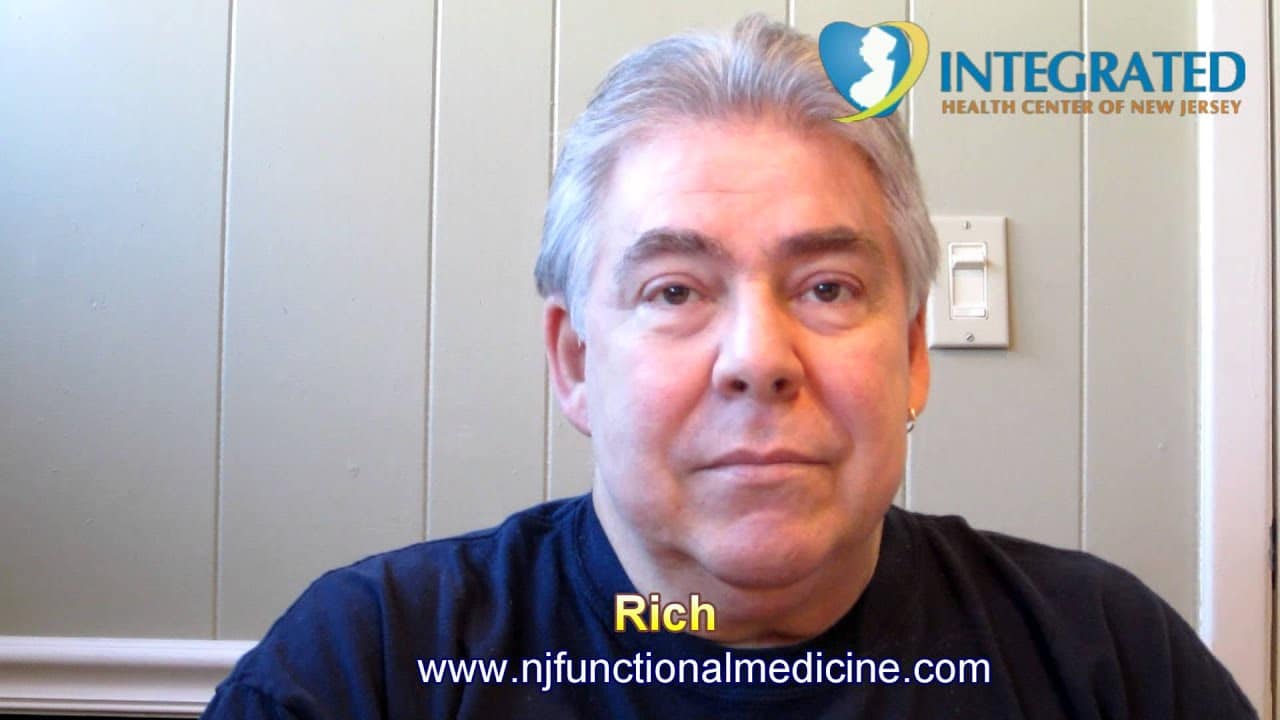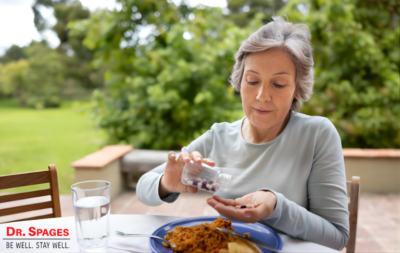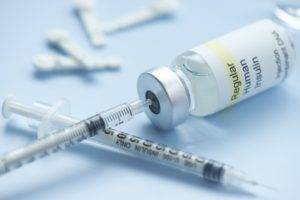
Unlocking the Healing Potential of Herbs and Spices for Diabetes Reversal

Unlocking the Healing Potential of Herbs and Spices for Diabetes Reversal
Herbs and spices have been used for generations to enhance the flavor of food, but they also have a number of health advantages, including the ability to reverse diabetes. These natural ingredients are high in antioxidants, anti-inflammatory chemicals, and other bioactive elements that can aid with blood sugar management, insulin sensitivity, and overall well-being. In this article, we will look at the healing potential of herbs and spices for diabetes reversal, as well as provide insight into their mechanisms of action and strategies to include them into your daily routine.
- Turmeric:Turmeric, a vibrant yellow spice commonly used in curry dishes, contains a powerful compound called curcumin. Curcumin exhibits anti-inflammatory and antioxidant properties, which can help reduce insulin resistance, lower blood sugar levels, and improve pancreatic function. Incorporating turmeric into your diet can be as simple as adding it to your stir-fries, soups, or even smoothies. You can also enjoy turmeric as a comforting cup of golden milk by combining it with warm milk and a touch of honey.
- Cinnamon:Cinnamon is a warm and aromatic spice that has shown promising effects in improving blood sugar control and insulin sensitivity. Its active compounds, particularly cinnamaldehyde, help enhance glucose uptake by cells and reduce insulin resistance. Sprinkle cinnamon on your morning oatmeal, mix it into yogurt or tea, or use it as a flavorful addition to baked goods to enjoy its diabetes-reversing benefits.
- Ginger: Ginger, known for its distinctive flavor and aroma, has been used for centuries in traditional medicine. It contains bioactive compounds, including gingerols, which have demonstrated anti-inflammatory and antioxidant effects. Ginger may help lower fasting blood sugar levels, improve insulin sensitivity, and reduce markers of inflammation. Enjoy ginger by adding it to stir-fries, steeping it in hot water for a soothing ginger tea, or incorporating it into homemade salad dressings or marinades.
- Garlic:Garlic is not only a popular culinary element, but it also has significant health benefits, including potential impacts on diabetes management. Garlic includes allicin, which has been shown to improve insulin sensitivity, regulate blood sugar levels, and minimize oxidative stress. To activate the therapeutic power of garlic, add it to your prepared foods, roasted veggies, or homemade sauces.
- Fenugreek:Fenugreek seeds are high in fiber and a chemical known as trigonelline, which has anti-diabetic benefits. Fenugreek may help reduce insulin resistance, increase glucose tolerance, and lower fasting blood sugar levels. Fenugreek can be used to spice mixes, curries, or herbal teas by soaking the seeds overnight and consuming them in the morning.
- Rosemary:Rosemary is a fragrant herb rich in bioactive components such as rosmarinic acid and carnosic acid, which have antioxidant and anti-inflammatory properties. Rosemary may aid in glucose metabolism, insulin sensitivity, and oxidative stress protection. Season roasted veggies, grilled meats, or homemade dressings with fresh or dried rosemary for a burst of flavor and potential health benefits.
- Cumin:Cumin, a spice commonly used in many cuisines, includes chemicals including cuminaldehyde and thymoquinone that have been found to improve insulin sensitivity and blood sugar control. To harness the potential therapeutic benefits of cumin, add it to roasted vegetables, soups, or homemade hummus.
About Dr Spages
With a focus on functional medicine, Dr. Jonathan Spages, DC is particularly skilled at treating the underlying physiological, biochemical, and hormonal imbalances that underlie type II diabetes, hypothyroidism, and a variety of other chronic conditions.
He has escaped the restrictive paradigm of a medical standard of care that treats these disorders with medications and hormones as a first line of defense. using cutting-edge diagnostic procedures and research techniques that are uncommon in a traditional context.
In order to treat type 2 diabetes and hypothyroidism, Dr. Spages identifies the underlying reasons of the disease.
Conclusion
Incorporating herbs and spices into your diet not only adds flavor to your meals but also unlocks their remarkable healing potential for diabetes reversal. From turmeric and cinnamon to ginger and garlic, these natural ingredients offer a range of benefits, including improved blood sugar control, enhanced insulin sensitivity, and reduced inflammation. Experiment with different herbs and spices, be creative in the kitchen, and consult with a healthcare professional or registered dietitian to personalize your approach to harnessing the power of herbs and spices in your journey toward diabetes reversal.



